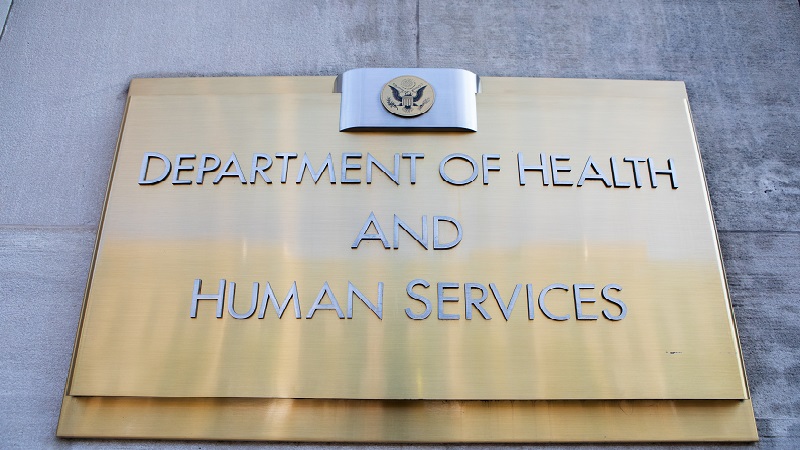
As artificial intelligence (AI) is revolutionizing many different aspects of human life, it is still important for the Federal government to understand how this new technology will ultimately impact the healthcare sector, according to a top official at the U.S. Department of Health and Human Services (HHS).
Greg Singleton, chief artificial intelligence officer (CAIO) at HHS, talked about the role that AI will play in healthcare, as well as the importance of regulations, at ATC-IAC’s Health Innovation Summit on June 8.
“We need to look at what are the opportunities, where can we use these technologies in productive ways to help us all increase the output,” said Singleton.
While AI technology poses some great challenges, the road to regulations remains well-paved, according to Singleton.
“I’m encouraged by the amount of discussion we have as a nation and news media about, you know, trustworthy, safe risk management. Because that’s not a sign that these tools are bad or broken. It’s a sign that we are looking at these tools, recognizing the issues, and adapting and evolving them in productive ways,” said Singleton.
While regulation is needed for AI to be successful for healthcare use cases, Singleton noted that AI technology will more than likely evolve far beyond what is currently available to the public.
“Don’t get stuck where we are today and think that’s what we need to regulate, because I could put regulations in place today, and it’s going to look different tomorrow. My regulations will be out of date … don’t think about it as a static place,” stated Singleton.
Ultimately, the use of AI technology will play a vital role in the healthcare industry across the United States as well as many other sectors.
“The nation that uses these tools is going to be more productive than the nations that don’t,” said Singleton.
